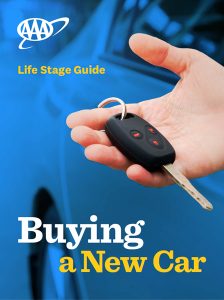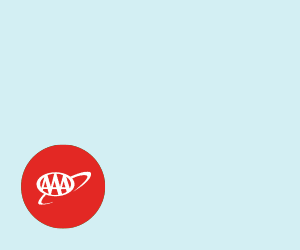Managing your finances is a task so full of complex processes and decisions that it’s easy to overlook the simple ones you encounter along the way.
Whether you’re a seasoned account holder or are just opening a new one, bank accounts are the foundation of your banking history and deserve careful consideration.
We look at the basics of how to open a bank account.
Which bank should I choose?
Your answer to this one likely depends on your bank history. If you have experience with a financial institution (whether positive or negative), this will play into your decision process. Otherwise, there are a few things to consider as you evaluate what bank is best for you. First, be sure to investigate the eligibility requirements of opening a new account. Often, these are broad enough for most consumers to qualify, but it’s always a smart move to confirm before moving forward.
The biggest factor to consider is what size bank you want to do business with. You’ll likely choose between a large chain or small bank, or a local or national credit union. Larger banks offer uniform service across a more widespread coverage area and more robust customer service, while smaller banks and credit unions presents banking with a more personal, intimate touch. For example, a local bank is more likely to work with you directly if you have questions or concerns, whereas a larger chain might have you call its customer service department. Whichever way you go, be sure to take a comprehensive view of what you’ll receive at each.

What kind of bank account?
Once you’ve decided on a bank, you should determine what type of account you want to open. Typically, this means either a checking or savings account. Opening one of each could be your best option, as the two accounts complement each other well. Do your research about what fees or restrictions might accompany your account and ask the bank all your questions before you begin setting up the new account.
Checking: When you think of everyday use, you’re picturing a checking account. With this, you would pay your bills, make purchases with a debit card or write checks. If you’re planning on a regular inflow and outflow of funds, a checking account is perfect for your needs.
Savings: A savings account is suitable if you need a long-term place to store your money. Whether you’re saving up for something specific or just hoping to collect some emergency funds, the money you deposit in a savings account accrues more interest the more you have saved and the longer you leave it untouched. You can still access these funds if necessary. Learn about the benefits of the AAA and Discover deposit program.
What do I bring?
Before you open your account, your bank will likely let you know what information you need. Some banks will allow you to open accounts over the phone or online. Regardless of how you open the account, the requirements are fairly universal:
Identification: You’ll need to confirm your identity before a new account is created. Most often, this responsibility falls to your driver’s license, but a passport or other state-issued photo identification may work. Check with your financial institution for requirements.
Personal information: You’ll have to provide your Social Security number – or taxpayer ID or EIN, as the case may be – to prove that you have a government record. Don’t worry about bringing physical proof of this, as normally the digits are all the bank will need. Other basic information such as your date of birth and contact information will come up as well.
Minimum deposit: To kick-start your new checking and/or savings account, you may often have an initial deposit ready to go. Though this varies depending on the bank and account details, this amount usually isn’t very much.
In most cases, the above basics are all you’ll need to open a bank account. However, if the primary account holder is a minor, your bank may require a parent or guardian to co-own the account. In that case, they would need to provide their personal data as well.
















